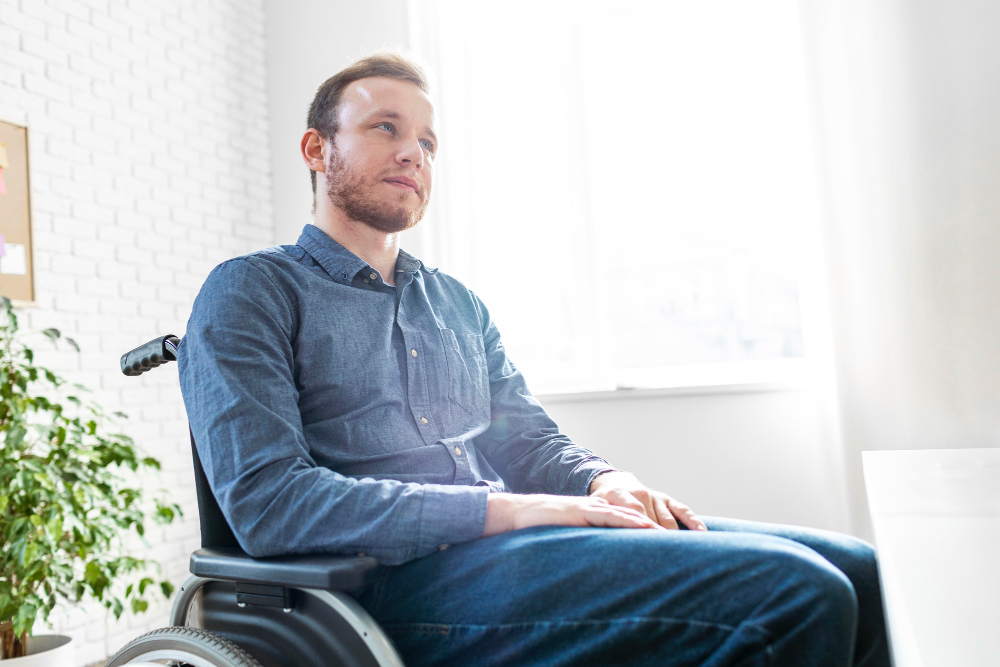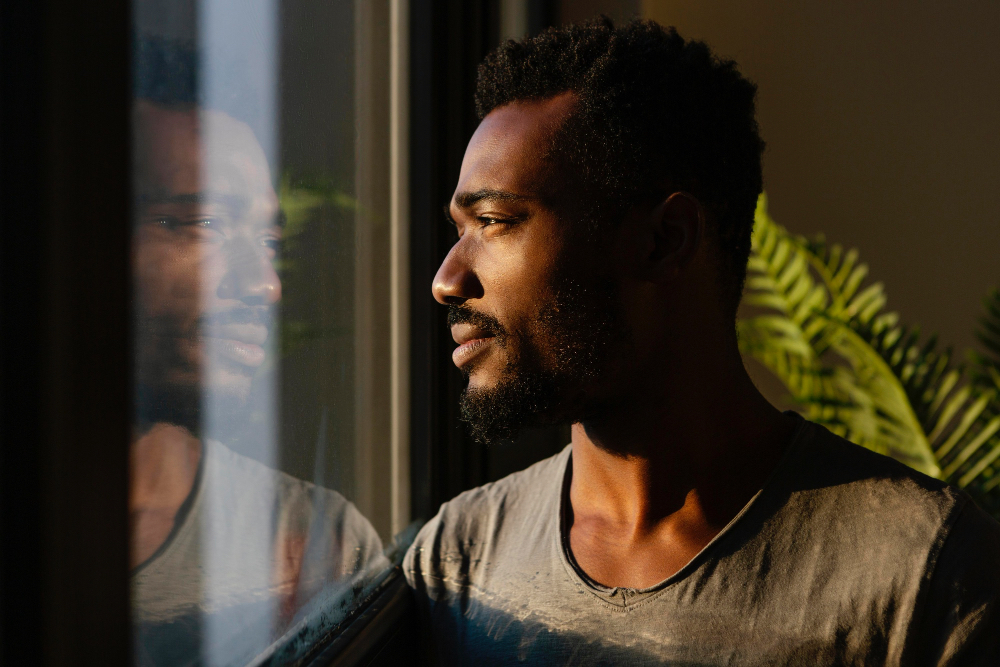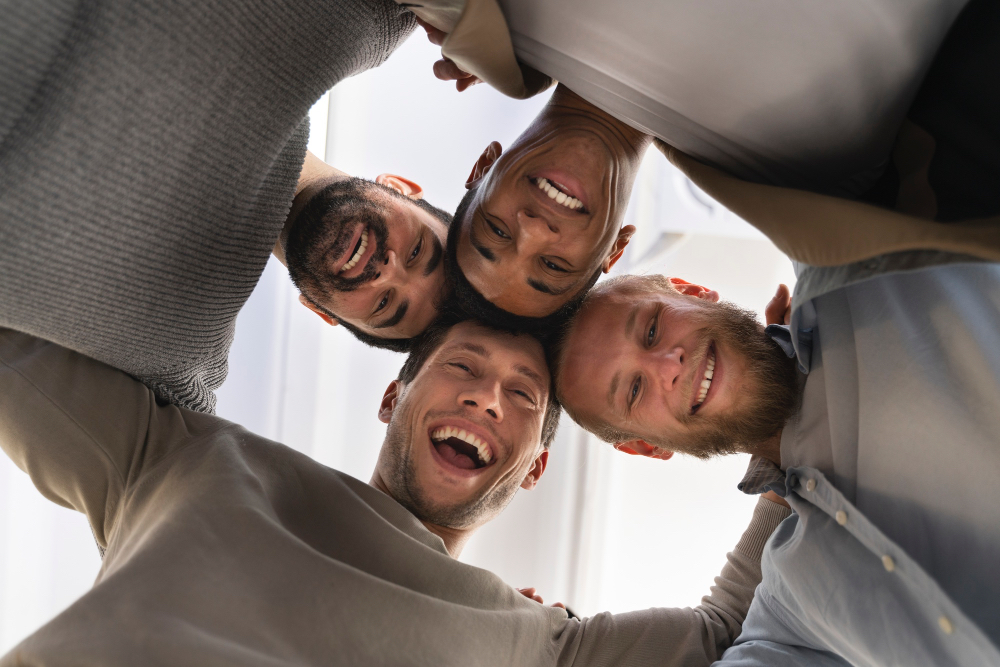Body Dysmorphia and the Pressure to Have the “Gay Ideal” Body
Learn how toxic messaging leads so many gay men to hate their bodies and chase an unrealistic and unnecessary "ideal". And begin to see how to escape this trap through being intentional about the media you take in and slowly shifting how you see yourself.

There’s an unspoken rule in many corners of gay culture: you’re more desirable if you look a certain way. In the gay male community, following the ideal of a strict body type is celebrated, be it twink, twunk, otter, or bear. Amongst gay men, those tending to get the most attention have chiseled abs, a broad chest, perfect skin, low body fat, and just the right amount of muscle. Scroll through Instagram, open a hookup app, or glance at advertising aimed at gay men, and you’ll quickly notice the pattern. The message is clear: this is the body that gets attention, affirmation, and love.
But what happens when your body doesn’t look like that? Or when you spend every day chasing that ideal and still feel like it’s never enough?
For some, these feelings become more than just insecurity—they evolve into body dysmorphia, a condition where someone becomes obsessed with perceived flaws in their appearance. These flaws might be invisible to others, but to the person struggling, they feel overwhelming. The mirror becomes a source of shame, and self-worth becomes tangled in a loop of comparison, perfectionism, and never quite measuring up.
Within gay spaces, body image issues often hide in plain sight. We applaud “fitness discipline” and “glow-ups,” but rarely talk about the mental toll that constant self-monitoring takes. Diet culture, gym obsession, and the pressure to appear effortless all feed a cycle that leaves many men silently suffering—even though their bodies are fine and healthy.
This isn’t just about vanity. It’s about belonging. In a community where connection is often mediated through appearance—especially online—it can feel like your body is your calling card. If you don’t fit the mold, you might feel invisible. Or worse, like you don’t deserve love at all.
But your worth has never been based on how you look. You are not your abs, your jawline, or your body fat percentage. You are not a project to be fixed. You are already enough.
It’s okay to care about your health or want to feel strong in your body. But it’s also okay to take a break from the chase, to unfollow people who make you feel less-than, to question the standards you’ve absorbed, and to remember that there’s no single way to be beautiful—or gay.
Healing from body dysmorphia takes time and support. It’s not about rejecting self-improvement; it’s about shifting the goal from “perfect” to “peace.” You deserve to feel safe in your skin.



